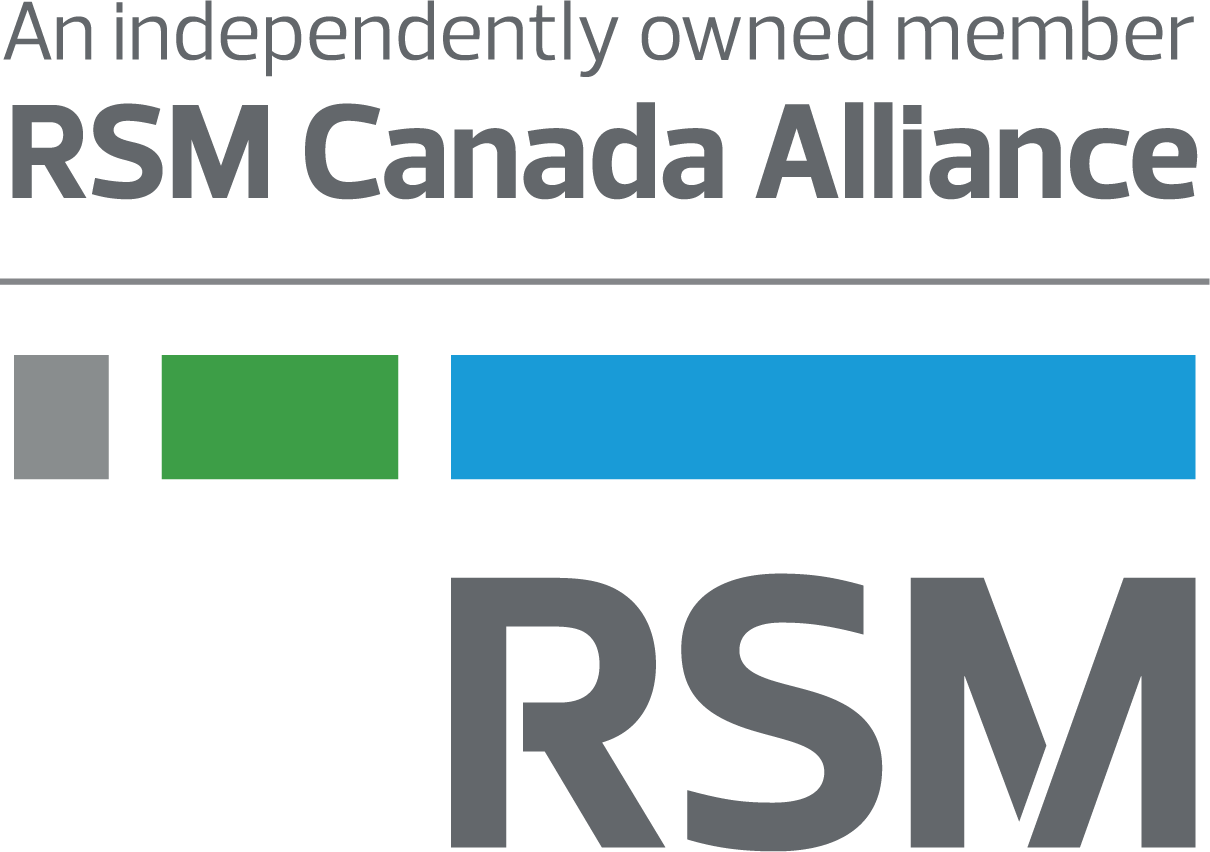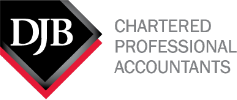New rules for Canadian corporations earning passive income
Posted on December 11th, 2022 in Domestic Tax
On Aug. 9, 2022, the Canadian Department of Finance released draft legislation containing proposed targeted amendments to the foreign accrual property income (FAPI) rules to prevent taxpayers from gaining a tax deferral advantage by earning certain types of income (including investment income) through controlled foreign affiliates (CFAs) that are held by Canadian-controlled private corporations (CCPCs) and substantive CCPCs (SCCPCs). These proposed amendments apply to taxation years ending on or after April 7, 2022.
Background
Certain passive income (including investment income) earned by a CFA of a Canadian taxpayer is included in the Canadian taxpayer’s income on an accrual basis as FAPI. If the Canadian taxpayer is a CCPC, it is potentially not liable to tax on the FAPI because of the offset available due to the current relevant tax factor (RTF) of four. That is, if the CFA pays a foreign tax of at least 25 per cent, the CCPC can claim a foreign accrual tax (FAT) deduction of four times the FAT which results in a complete deferral of Canadian tax on FAPI earned by a CCPC until amounts are paid out to individual shareholders as dividends. However, a similar income earned by the CCPC in Canada would have been subject to a tax rate of approximately 50 per cent, which is why the government introduced the change.
The most recent budget and the draft legislation proposed to amend the RTF for CCPCs and SCCPCs to 1.9 such that there will be some income inclusion for CCPCs and SCCPCs from FAPI earned by their CFAs. This will result in immediate tax implications on the CCPCs and the SCCPCs as illustrated below.
For illustration purposes, assume a CFA earns a FAPI of $1,000 and pays a foreign tax of 25 per cent (i.e., FAT of $250) and no withholding tax is applicable. The below considers the tax implications on the payment of dividends by the CFA to its Canadian parent corporation (Canco).
|
Description
|
Current rules
|
Proposed rules
|
Notes
|
|
Income earned by the CFA
|
$1,000
|
$1,000
|
|
|
Income tax paid by the CFA
|
$(250)
|
$(250)
|
25% of income earned by the CFA
|
|
Cash remaining with the CFA
|
$750
|
$750
|
|
|
FAPI
|
$1,000
|
$1,000
|
|
|
FAT deduction
|
$(1,000)
|
$(475)
|
RTF foreign tax*
|
|
Net FAPI
|
$-
|
$525
|
|
|
Canco’s Canadian corporate tax
|
$-
|
$264
|
50.2% of CCPC’s investment income
|
|
The refundable portion of Canadian corporate tax
|
$-
|
$161
|
30.67% of CCPC’s investment income
|
|
The permanent portion of Canadian corporate tax
|
$-
|
$103
|
|
*The current RTF is four. The government has proposed to change the RTF to 1.9.
Further, to address integration as a result of the changes to the RTF, certain amendments have been proposed to the capital dividend account (CDA), the general rate income pool (GRIP), and the low rate income pool (LRIP). Although there are proposed amendments to LRIP, for the purposes of this article, we will focus on the CDA and the GRIP account.
- CDA allows amounts that have borne a sufficient level of tax to be declared tax-free to the shareholders. Although the calculation for CDA is long and complex, the most common inclusion is the non-taxable portion of capital gains. The draft legislation has proposed to add to the CDA the amount computed as (RTF-1) multiplied by foreign income tax paid by the CFA less any withholding tax paid in respect of the dividend (our illustration did not consider a withholding tax in the foreign jurisdiction). From the example above, $250 multiplied by (1.9-1), or $225, would be added to the CDA of the Canadian recipient corporation which can be paid tax-free to its shareholders.
- GRIP reflects the amount of a corporation’s after-tax income that was subject to tax at the general corporate tax rate. The existing legislation adds to the GRIP all amounts that are received as dividends from FAs to the extent they are deductible under section 113 of the ITA. The draft legislation proposes to remove from GRIP of a CCPC the amounts that would be deductible under section 113 (applies to amounts paid from hybrid surplus or taxable surplus). However, amounts paid from exempt surplus (or pre-acquisition surplus) can still be added to the GRIP.
From the example above, under the existing legislation the entire amount of dividends received from the CFA, i.e., $750, are added to the GRIP which can be paid as eligible dividends to Canco’s shareholders. However, subsequent to the passing of the draft legislation, no amount would be added to the GRIP. Instead, the amount of taxable dividend would be declared as a non-eligible dividend which is subject to a higher tax.
The below table illustrates the tax implications when Canco receives the dividends from its CFA and pays them to the shareholder. Please assume no withholding tax for the purposes of the illustration.
|
Description
|
Current rules
|
Proposed rules
|
Notes
|
|
Dividends paid by CFA to Canco
|
$750
|
$750
|
Cash remaining with the CFA (from the table above)
|
|
Deduction in respect of dividend from FA
|
$(750)
|
$(225)
|
Under para 113(1)(b) of the ITA*
|
|
Deduction under subsection 91(5)
|
$-
|
$(525)
|
Deduction is available to Canco to avoid double taxation on FAPI that was already included in its income on an accrual basis (refer to table above)
|
|
The amount available to distribute to shareholder
|
$750
|
$647
|
**
|
|
The portion of the dividend that can be declared as a capital dividend
|
$-
|
$225
|
***
|
|
The portion of the dividend that can be declared as an eligible dividend
|
$750
|
$-
|
****
|
|
The portion of the dividend that can be declared as a non-eligible dividend
|
|
$422
|
*****
|
|
Personal tax on eligible dividend
|
$295
|
|
Assuming the highest tax rate of 39.34% in Ontario
|
|
Personal tax on non-eligible dividend
|
|
$201
|
Assuming the highest tax rate of 47.74% in Ontario
|
*Tax deduction computed as (RTF-1) * foreign tax paid.
**Computed as FAPI less permanent portion of corporate tax from the table above.
***Under the proposed rules, the amount computed as (RTF-1)* foreign tax paid is added to the CDA pool that can be declared tax-free to shareholders.
****Under the current rules, this amount of deduction under subsection 113(1), see * above, is added to the GRIP and can be declared as an eligible dividend.
*****Under the proposed rules, only non-eligible dividends can be declared on investment income.
|
The effective total tax rate
|
Current rules
|
Proposed rules
|
|
Income tax paid by the CFA
|
$250
|
$250
|
|
CCPC corporate tax (permanent portion)
|
$-
|
$103
|
|
Personal tax on eligible dividends (immediate)
|
$-
|
$-
|
|
Personal tax on non-eligible dividends (immediate)
|
$-
|
$201
|
|
Personal tax on eligible dividends (deferred)
|
$295
|
$-
|
|
Total personal and corporate tax
|
$545
|
$554
|
|
Total tax-deferred
|
$295
|
$-
|
As the illustrations above highlight, there is currently a tax deferral of $295 available to the extent Canco does not declare dividends to its shareholders immediately. This deferral will not be available once the proposed legislation is enacted.
What to do?
Shareholders of CCPCs that earn FAPI should examine their structure to understand the impact of the proposed legislation and whether there are restructuring options available to minimize the potential tax exposure.
This article was written by Austen Ramsay, Nakul Kohli, Carina Tong and originally appeared on Dec 11, 2022 RSM Canada, and is available online at https://rsmcanada.com/insights/services/business-tax-insights/new-rules-for-canadian-corporations-earning-passive-income.html.
The information contained herein is general in nature and based on authorities that are subject to change. RSM Canada guarantees neither the accuracy nor completeness of any information and is not responsible for any errors or omissions, or for results obtained by others as a result of reliance upon such information. RSM Canada assumes no obligation to inform the reader of any changes in tax laws or other factors that could affect information contained herein. This publication does not, and is not intended to, provide legal, tax or accounting advice, and readers should consult their tax advisors concerning the application of tax laws to their particular situations. This analysis is not tax advice and is not intended or written to be used, and cannot be used, for purposes of avoiding tax penalties that may be imposed on any taxpayer.
RSM Canada Alliance provides its members with access to resources of RSM Canada Operations ULC, RSM Canada LLP and certain of their affiliates (“RSM Canada”). RSM Canada Alliance member firms are separate and independent businesses and legal entities that are responsible for their own acts and omissions, and each are separate and independent from RSM Canada. RSM Canada LLP is the Canadian member firm of RSM International, a global network of independent audit, tax and consulting firms. Members of RSM Canada Alliance have access to RSM International resources through RSM Canada but are not member firms of RSM International. Visit rsmcanada.com/aboutus for more information regarding RSM Canada and RSM International. The RSM trademark is used under license by RSM Canada. RSM Canada Alliance products and services are proprietary to RSM Canada.
 |
DJB is a proud member of RSM Canada Alliance, a premier affiliation of independent accounting and consulting firms across North America. RSM Canada Alliance provides our firm with access to resources of RSM, the leading provider of audit, tax and consulting services focused on the middle market. RSM Canada LLP is a licensed CPA firm and the Canadian member of RSM International, a global network of independent audit, tax and consulting firms with more than 43,000 people in over 120 countries.
Our membership in RSM Canada Alliance has elevated our capabilities in the marketplace, helping to differentiate our firm from the competition while allowing us to maintain our independence and entrepreneurial culture. We have access to a valuable peer network of like-sized firms as well as a broad range of tools, expertise, and technical resources.
For more information on how DJB can assist you, please contact us.
|










